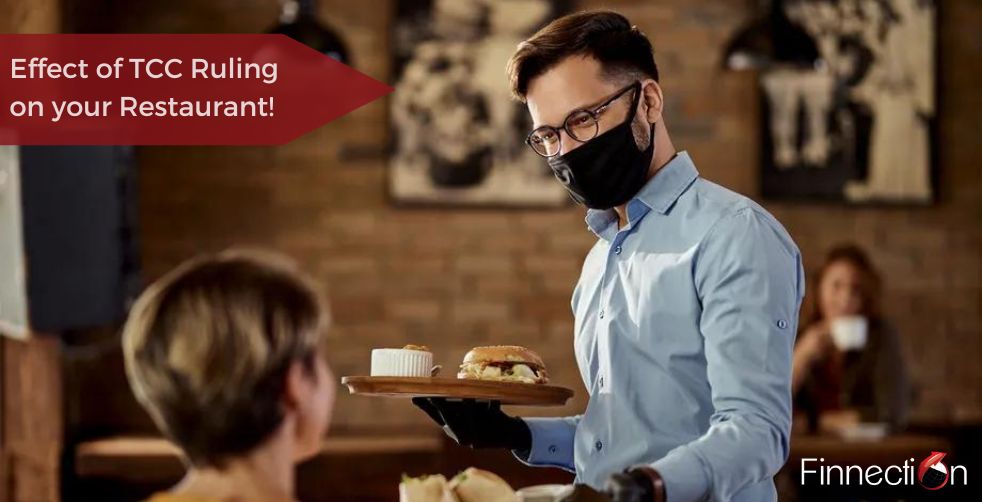Understanding the tipping regulations that apply to the hospitality sector and how tipping may affect your business’ books for accounting and tax filing purposes is essential if you own or operate a restaurant. In Canada, it is illegal for a company’s owner or manager to receive or hold onto tips that an employee earns. The hospitality sector in Canada will be significantly affected by a recent Tax Court of Canada decision.

Employers and their employees who collect tips and gratuities should read this article. It specifies how tips and gratuities should be handled for the purposes of the Employment Insurance Act and the Canada Pension Plan (CPP).
Do You Pay Tax on Gratuities and Tips?
The Canada Revenue Agency’s regulations on tipping state that tips and gratuities are regarded as part of an employee’s earned income. As a result, all tips that waitstaff receives must be tracked and taxed. In order to completely and honestly submit their tax returns, both employees and employers must disclose this gratuity on their income taxes.
At restaurants, when customers pay their bills with a credit card or debit card, the employees frequently receive tips. The restaurant management gathers the tips and distribute to employees at the end of each shift without any record by believing it was the employee’s responsibility to report the revenue on their own tax forms.
The owner of the business claimed that tips were not part of the wages that the company has paid for the hours that were worked, were not a part of the compensation package, and were therefore unrelated to payroll.
But according to Revenue Minister, the payments were actually payroll-related, the appropriate CPP and EI contributions should be subtracted and sent to the CRA together with the relevant employer matching contributions.
Controlled vs. Direct tips
Controlled tips and direct tips are two major categories of tips. Controlled trips are when tips are paid to employees after going through the company. Examples of controlled tips are when restaurants add a mandatory service charge to customers’ bills, these service charges are shared among employees through a tip-sharing system.
However, direct tips are gratuities that customers give directly to the employee, whether customers do so by leaving cash on the table, giving it to them, or paying with a credit card.
Taxes on controlled tips
For controlled tips the employer is in-charge of these tips, they are accountable for deducting employee insurance and Canada Pension Plan contributions from this sum, but only if the employee has a pensionable or insurable job.
Taxes on direct tips
Direct tips are handled slightly differently. Employees might choose to pay CPP contributions for tips received while working for a pensionable employer.
What this means for your business:
If your business is in the hospitality sector and your staff members receive tips through electronic payments, you must record these sums, add them to payroll records, withhold and send the necessary statutory deductions and the associated employer sums to the CRA.
The effect on your business?
Ever-rising CPP and EI rates will result in higher overhead expenses for the company. There is no debating the fact that this judgement from the Tax Court of Canada will place an excessive burden on many small enterprises.
It is always recommended to discuss tax related concerns with your accounting and tax professionals as well as other investment experts to get the best desired results.
If you have any questions regarding taxes on tips, feel free to contact finnection via email at info@finnection.ca or call us at (647) 795-5462
Disclaimer: Above information is subject to change and represent the views of the author. It is shared for educational purposes only. Readers are advised to use their own judgement and seek specific professional advice before making any decision. Finnection Inc. is not liable for any actions taken by reader based on the information shared in this article. You may consult with us before using this information for any purpose.
